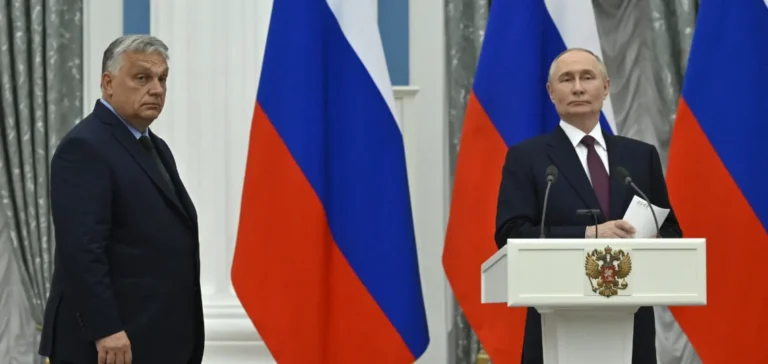Hungary clearly expresses its disagreement with the European Commission’s recent proposal aimed at gradually ending European imports of natural gas, crude oil, and nuclear fuel from Russia. During a recent meeting of European energy ministers in Luxembourg, Péter Szijjártó, Hungary’s Minister of Foreign Affairs and Trade, publicly voiced his concerns. According to him, this European initiative would significantly increase energy prices throughout the European Union (EU), causing economic consequences that certain particularly dependent member states would find difficult to absorb.
Economic Arguments Presented by Budapest
The Hungarian minister notably emphasized his country’s strategic role in regional energy distribution. Currently, Hungary supplies around 40% to 42% of Ukraine’s electricity imports, underscoring the importance of maintaining regional energy stability. However, despite deep disagreements over sanctions against Russia, the Hungarian government has made no official public statements considering the interruption of electricity supplies to Ukraine.
Hungary, a landlocked country in the heart of Europe, heavily depends on Russian energy resources, particularly natural gas and nuclear fuel, essential for operating its power plants. Péter Szijjártó states that Hungary’s energy security would be jeopardized if Russian supplies were stopped, directly affecting the country’s economic competitiveness.
Slovakia’s cautious support
Slovakia, a neighboring country also reliant on Russian energy, has cautiously aligned itself with Hungary’s position, sharing similar concerns regarding the economic viability of the European plan proposed by Brussels. Bratislava, however, remains discreet in its public statements, avoiding direct confrontation with the European Union. Slovakia prefers to stress the need for careful evaluation of the economic and strategic implications of such a decision.
In the coming months, European discussions on this sensitive issue are expected to continue, featuring detailed technical debates on the feasibility of alternatives to Russian energy resources. The positions of Budapest and Bratislava may influence the final direction of European energy policies, within a global geopolitical context marked by increasing uncertainties.






















